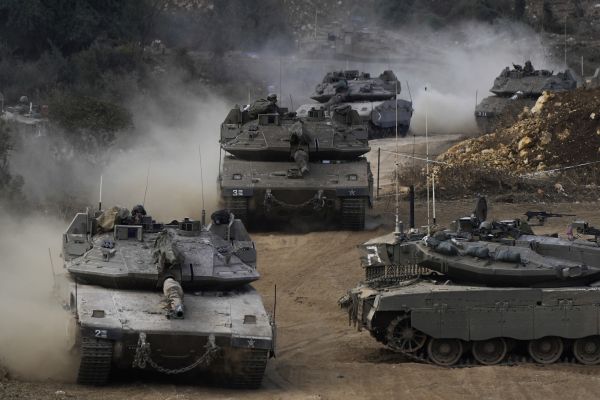In a documentary about creation Half life 2 new An unknown story has emerged: Valve was on the verge of bankruptcy due to legal battles with Vivendi. The situation was saved by an intern, on whom the future of not only Valve, but the entire video game industry depended.
Problems started after Vivendi acquired the publisher Half life – a Sierra company. Vivendi broke the contract by disbanding Anti-Strike in South Korean cyber cafes. Valve only wanted recognition of infringement and reimbursement of costs, but Vivendi submitted many counter-requests, including an attempt to ban Steam and give away the rights to Half-Life.
The situation was heating up, and Valve was on the verge of financial collapse. Money was tight and Gabe Newell was ready to sell his house to continue fighting. However, inside Andy, who speaks Korean, the tide turned. Vivendi provided millions of pages of documents in Korean, hoping to make them difficult to analyze. Andy found a key piece of evidence: a letter from Vivendi’s Korean executive ordering the destruction of incriminating documents.
This evidence allowed Valve to win in court and keep their intellectual property. Today we celebrate the 20th anniversary of Half-Life 2 thanks to coincidence and the efforts of one person.
2024-11-19 07:54:00
#Valve #bankrupt #launch #Steam #HalfLife #saved #stroke #luck

What were the key factors that contributed to the legal battle between Valve and Vivendi over Half-Life 2?
1. Could you please provide a brief background on the legal battle between Valve and Vivendi that led to the development of Half-Life 2?
2. What were the main points of contention between the two companies in this dispute?
3. Can you describe the role of the intern who played a crucial part in this case, and how their discovery of incriminating evidence led to Valve’s victory in court?
4. How did the success of Half-Life 2 impact the future of the video game industry, and what lasting effects can we still see today from this seminal title?
5. Looking back, do you think Valve’s decision to fight for their intellectual property in court was the right one, or should they have accepted Vivendi’s initial offer?
6. In what ways has the landscape of the video game industry changed since the release of Half-Life 2, and how has it influenced future games and developers?
7. Do you think legal battles like this one are inevitable in the creative industries, or are there ways to avoid them through better communication and contract negotiation?

